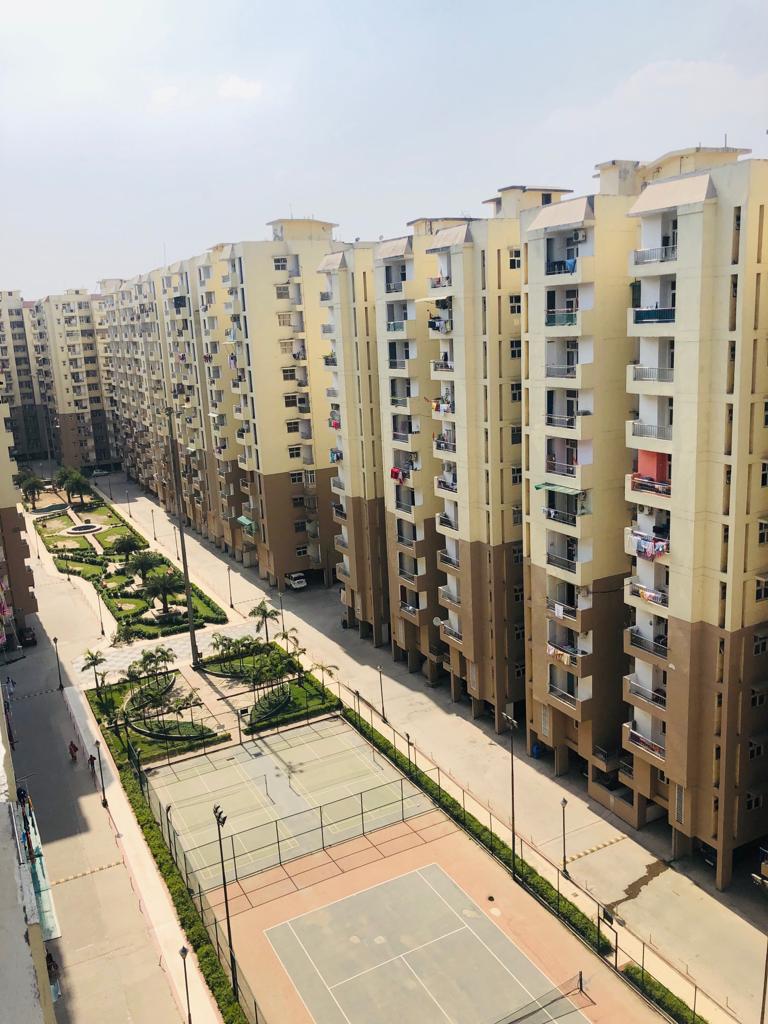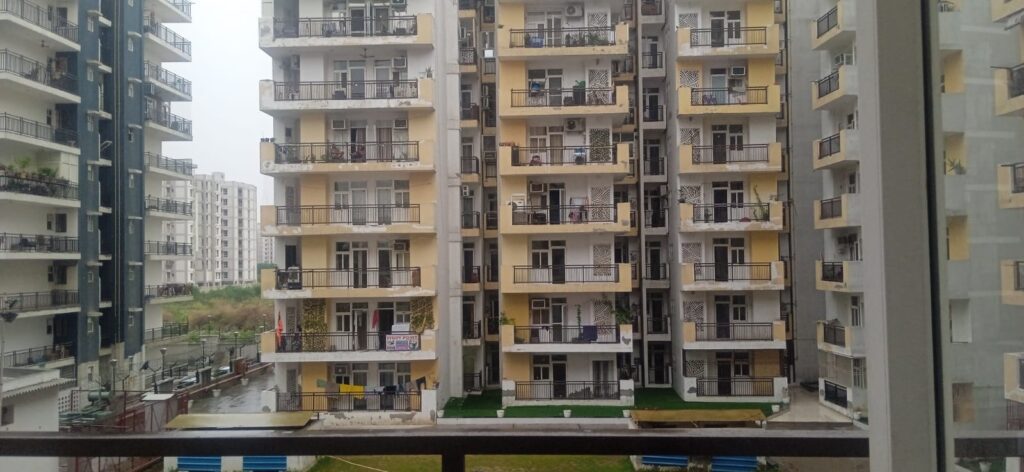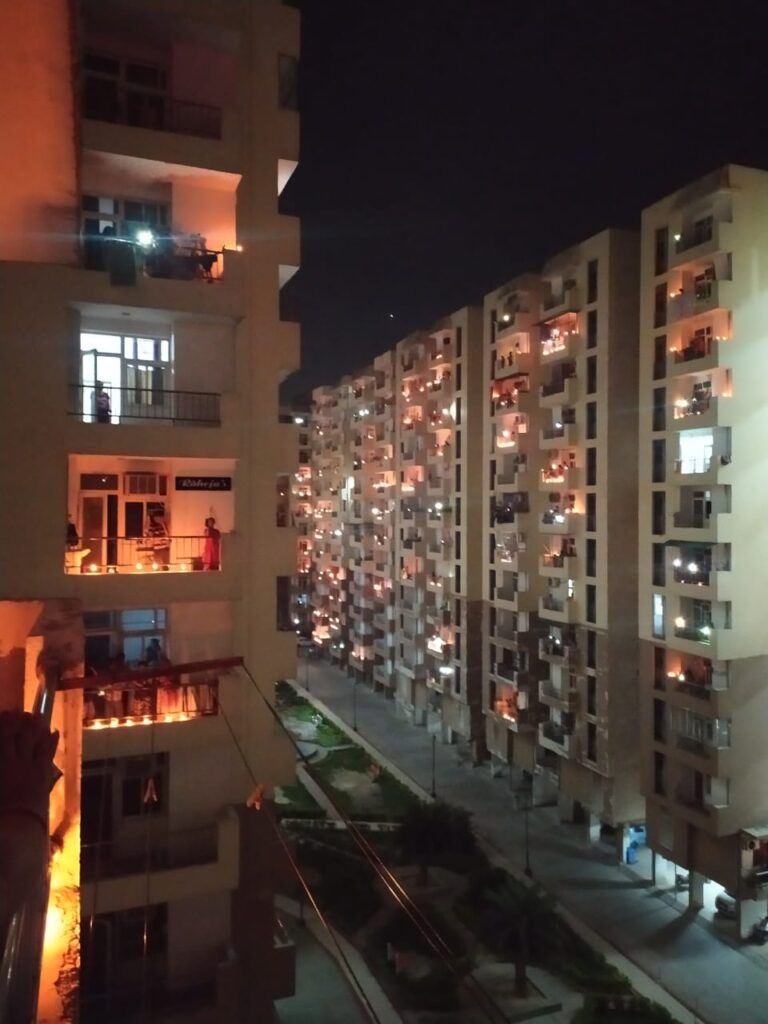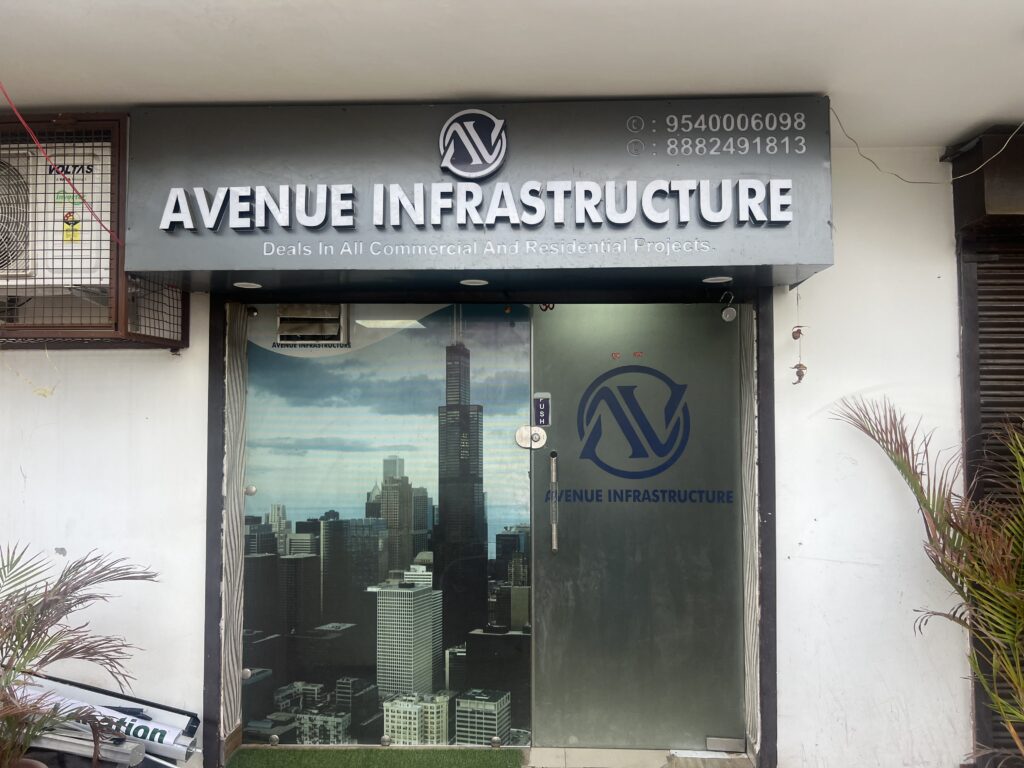Table of Contents
ToggleIntroduction
In Ghaziabad, India, tenant rights are governed by various laws and regulations designed to protect renters and ensure fair practices in the rental market. Here’s an overview of tenant rights and protections in Ghaziabad:
1. Legal Framework
In India, tenant rights are primarily governed by the following:
-
The Rent Control Act, 1958: This Act was enacted to provide protection to tenants against arbitrary eviction and unreasonable rent increases. It is applicable in various states and provides guidelines for fair rent practices.
-
The Model Tenancy Act, 2021: This Act, recently introduced, aims to standardize and modernize rental agreements across India. It provides clear guidelines on tenancy agreements, security deposits, rent increases, and eviction processes.
2. Key Tenant Rights in Ghaziabad
1. Right to a Written Agreement
-
Description: Tenants are entitled to a written rental agreement that specifies the terms and conditions of the tenancy, including the duration of the lease, rent amount, payment terms, and other obligations.
-
Importance: A written agreement helps prevent disputes and provides legal clarity.
2. Right to Fair Rent
-
Description: Rent increases should be reasonable and comply with the terms specified in the rental agreement. The Rent Control Act provides guidelines on how rent should be regulated.
-
Importance: Protects tenants from exorbidant rent hikes and ensures affordability.
3. Right to Privacy
-
Description: Landlords must respect the tenant’s privacy and cannot enter the rental property without prior notice or consent, except in emergencies.
-
Importance: Ensures tenants can enjoy their rented space without undue intrusion.
4. Right to Maintenance and Repairs
-
Description: Landlords are responsible for maintaining the property and addressing necessary repairs. The tenant should notify the landlord of any issues that need attention.
-
Importance: Ensures the rental property is safe and habitable.
5. Right to a Security Deposit
-
Description: Landlords are entitled to a security deposit, which should be reasonable (usually not exceeding two months’ rent). The deposit must be refunded at the end of the tenancy, minus any legitimate deductions for damage.
-
Importance: Protects both parties and provides a financial safeguard for the landlord.
6. Right to Legal Recourse
-
Description: Tenants have the right to approach the Rent Control Tribunal or civil court for disputes regarding unfair eviction, unlawful rent increases, or non-compliance with the rental agreement.
-
Importance: Provides a legal avenue to address grievances and seek justice.
7. Right to Notice Before Eviction
-
Description: Landlords must provide a reasonable notice period before evicting a tenant. The notice period and grounds for eviction should be clearly outlined in the rental agreement.
-
Importance: Prevents sudden displacement and allows tenants time to find alternative accommodation.
3. Recent Developments
The Model Tenancy Act, 2021, introduces several modern provisions that impact tenant rights, including:
-
Formal Tenancy Agreements: Encourages written agreements and clear terms.
-
Timely Refunds of Security Deposits: Specifies the timeframe for returning security deposits after the tenancy ends.
-
Dispute Resolution Mechanisms: Establishes Rent Courts and Rent Tribunals to resolve disputes more efficiently.
4. Practical Tips for Tenants in Ghaziabad
-
Verify Landlord Credentials: Ensure that the landlord is the legal owner of the property and has the authority to rent it out.
-
Document Property Condition: Take photos or videos of the property’s condition before moving in to avoid disputes over damage.
-
Keep Records: Maintain records of rent payments, correspondence with the landlord, and any repair requests.
-
Understand Local Regulations: Be aware of local variations in rent control and tenancy laws that may affect your rights.
5. Conclusion
Tenant rights in Ghaziabad are designed to provide protection and ensure fair treatment in the rental market. Understanding these rights and responsibilities can help tenants navigate their rental agreements more effectively and address any issues that may arise.
For more detailed and specific advice, consulting with a local legal expert or tenants’ association can provide additional guidance based on individual circumstances.











